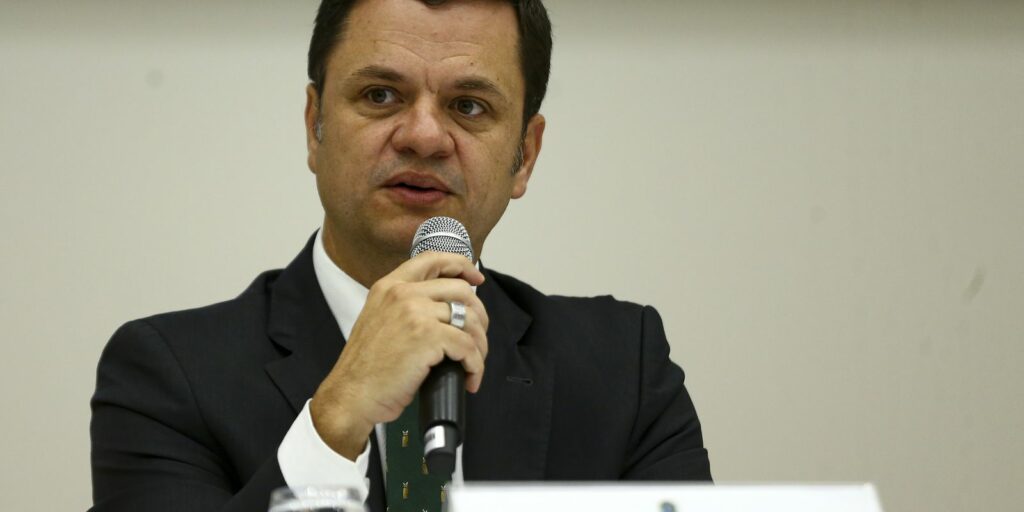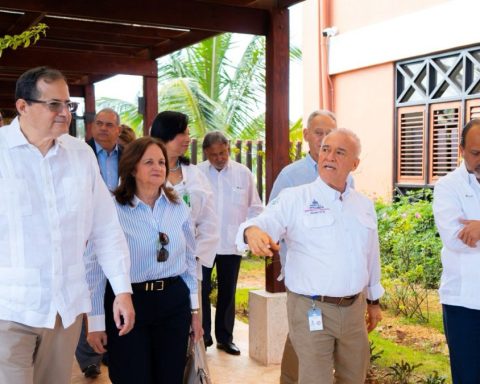The Commission of Constitutional Experts began this Monday to vote on the preliminary norms that will integrate the draft of the proposal for a new Constitution of Chile, after last week the body finished drafting the articles.
Of the 14 chapters that make up the index of the draft Constitution, three are voted on Monday: Fundamentals of the Constitutional Order; Fundamental rights and freedoms, guarantees and constitutional duties; and Political representation and participation.
Each chapter, which will be voted on in a general way this week and, later, in a particular way, will have to be approved by 3/5 of the 24 commissioners, that is, it needs 14 votes from the plenary session to then be sent to each subcommittee, where The discussion will begin in particular and the amendments will be entered, which will then also have to be validated by the plenary session of experts.
Some of the norms proposed in the Political System Commission, for example, go through establishing an electoral threshold of 5% so that the parties can access Congress; limit re-election to two non-consecutive terms; or penalize wayward parliamentarians, among others.
The proposed norms of the 14 chapters were drawn up in the respective commissions, with great reserve and within a period of 15 days, unlike the previous constituent process, in which the drafting in the commissions lasted 5 months.
The articles that emerged from this brief process are the result of the consensus of the experts, who face the challenge of dispatching the entire draft standard in 2 months to deliver the text to the Constitutional Council that will be elected on May 7.
The Committee of Experts was installed on March 6 after being appointed by the Chilean Parliament (12 were chosen by the Chamber of Deputies and 12 by the Senate) and is in charge of preparing a draft of a new Constitution in 3 months to serve as the basis to the directors who will be elected in May at the polls.
The elected Constitutional Council may approve or reject the proposals of the experts and the text that results from this process will have to be approved, finally, by the citizens in a plebiscite with mandatory voting on December 17.
The group of experts, one of the novelties of this new process, generates a certain reluctance in sectors of society, fearful that Parliament will “protect” the drafting of the new Constitution.

















